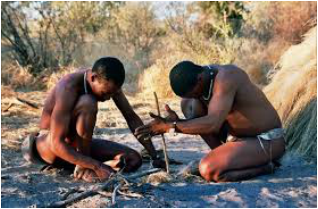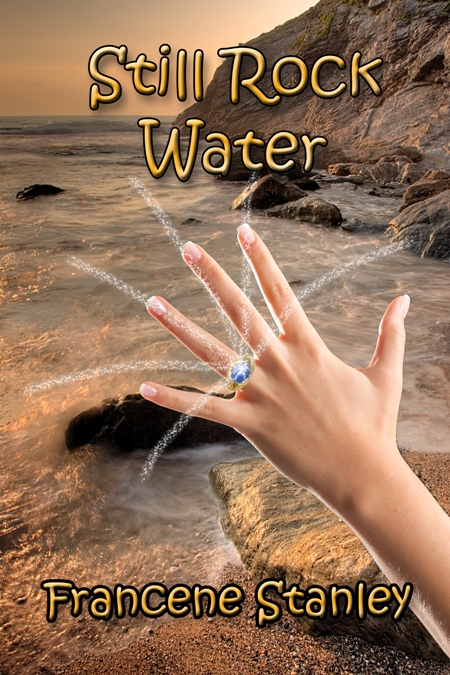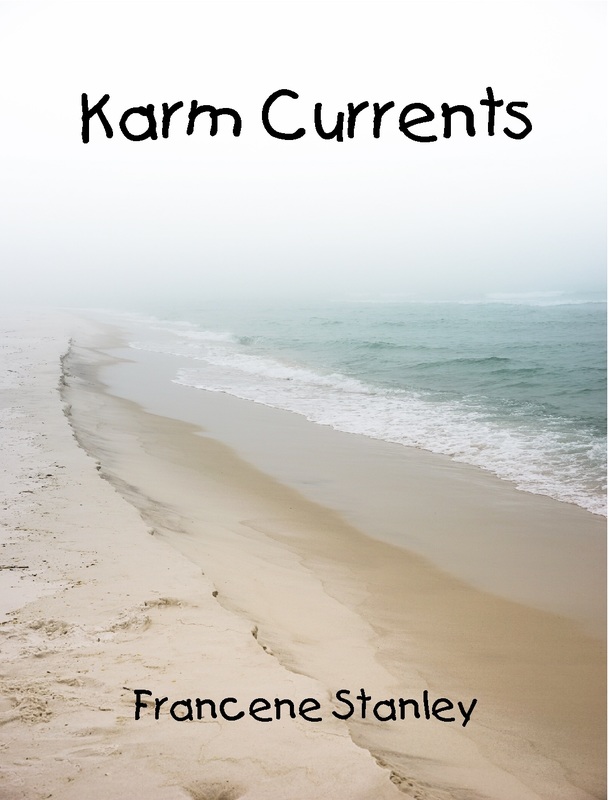 San people - en,wikipedia.org
San people - en,wikipedia.org The results showed they slept for an average of 6.5 hours per night.
By comparison, the scientists said that most people in the US get about seven hours, according to a large sleep poll, published in the journal Current Biology.
Temperature played a greater role than light in shaping sleeping patterns. When it gets too cold, they wake up.
For the poll, researchers studied the Hadza of Tanzania, the San of Namibia and the Tsimane of Bolivia, fitting their volunteers with wristwatches that monitor sleep.
A professor said that all three groups had similar sleep duration and pretty much the same timing of sleep.
As well as discovering that the average sleep duration was six hours and 25 minutes, the researchers also found the participants very rarely took naps and did not wake up during the night. Insomnia was also extremely rare. Two of the groups did not even have a word for it.
While the hunter gatherers did not fall asleep until several hours after sunset, artificial light was keeping so called modern man awake for even longer due in part to artificial lights, to late night TV, and the ever-present glow of smart phones. Source: BBC.
Our household consists of two people past their seventies. One sleeps well and the other suffers from insomnia. Our lifestyle is the same—no smart phones disturb us. I get tired at 10 pm, but will remain awake for another hour if a film holds my interest. My husband wakes and retires late—a never-ending cycle of stress seems to cause his insomnia.
Of course, we're all different. How do you sleep?





 RSS Feed
RSS Feed
